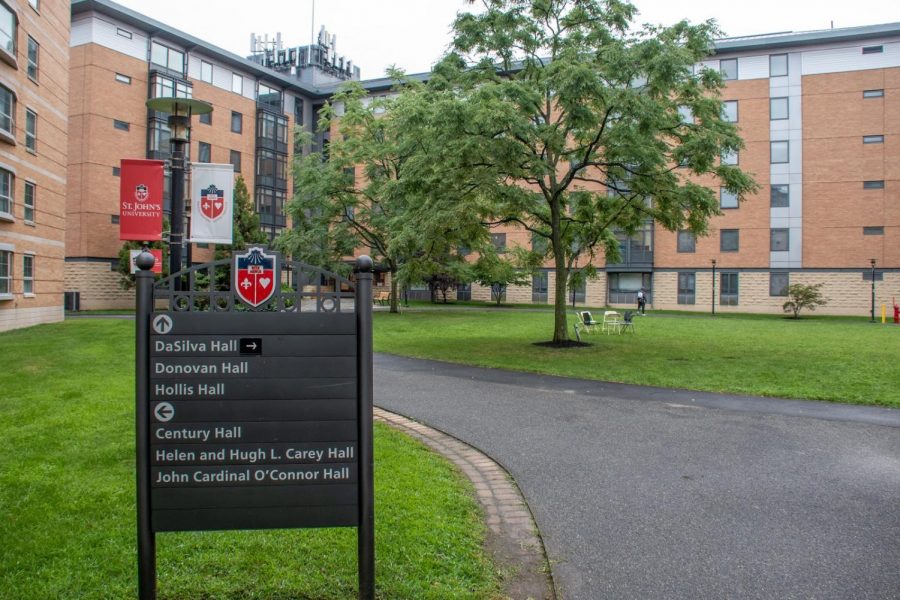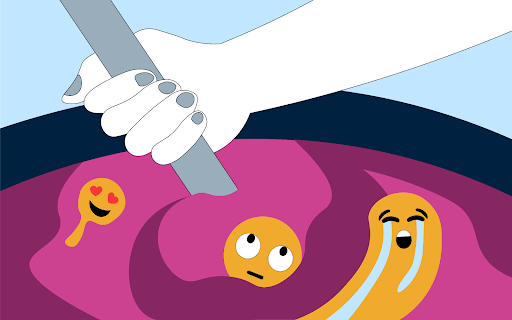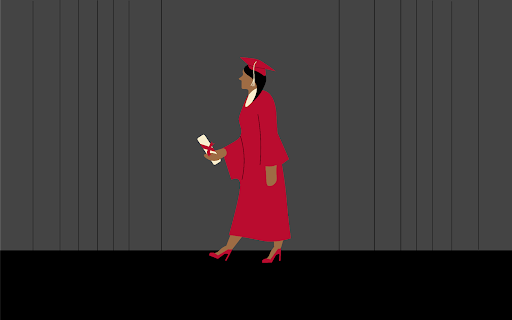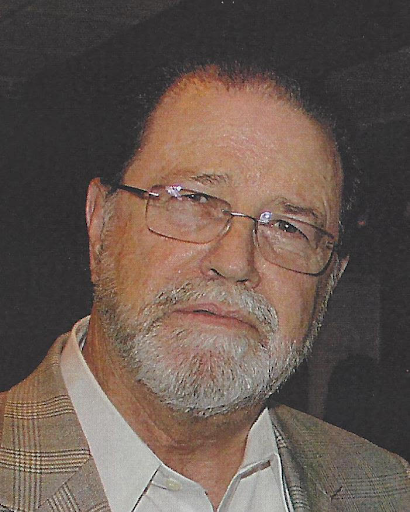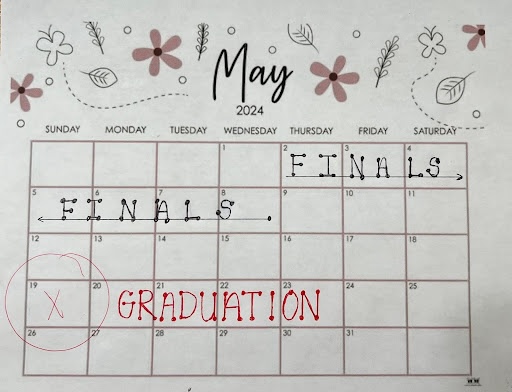You spent four tedious hours studying for that French exam, memorizing calculus formulas, and reading the effects of World War II. Your body is immune to Rock Star energy drinks by now, your eyelids are heavy, and all you can think about is hitting your pillow instead of the books. Yet you have that Shakespeare paper to write that is due first thing tomorrow morning. You Google “Shakespeare” and a plethora of effective essays pop up. You stare at your screen hesitantly as you question what to do. To cheat or not to cheat, that is the question.
Ever since the birth of the World-Wide Web in 1992 students have found the Internet to be an incredible source to help find information for their course assignments and studies. Yet over time students have learned to take advantage of the Internet immorally and dishonestly by utilizing the skills of “copy and paste,” making it the newest shortcut method for students everywhere. With more advanced technology and easy access to the Internet plagiarism has become an epidemic on college campuses worldwide.
On Sept. 28, Oct. 5, and Oct. 12, workshops will be held in St. Augustine Hall for students and staff to discuss the issues of plagiarism and the successful website: Turnitin.com. Ben Turner, who organizes the library’s instructional services, feels that plagiarism is a “widespread problem that needs to be addressed.”
A lot of it is unintentional, and a lot of it isn’t. A way of dealing with it is to educate students in order to prevent it. And I feel that Turnitin.com will be some what effective.”
Turnitin.com is a plagiarism detection service website that teachers are able to utilize by simply sending in student’s work and essays to scan for any signs of plagiarism. Every paper submitted into turnitin.com is returned in a customized “originality report” detailing how much plagiarism the student actually committed. The results are based on an intense search through billions of pages of the Internet, millions of previously submitted student papers, and commercial databases of journal articles and periodicals. Many institutions claim that using Turnitin.com’s plagiarism prevention has been so effective that their rates of significant plagiarism have dropped to almost zero. This advanced search database is used by thousands of institutions in over eighty countries.
Since this past summer St. John’s is now one of those many universities cracking down on plagiarism and utilizing Turnitin.com. St. John’s professors are realizing one by one how effective the website can be in producing more honest papers and work from their students. “I believe that plagiarism can occur if a professor overloads you with work, especially if the assignment doesn’t allow you to include your own opinion into it,” said Professor Kerry Ruff. “You have fear and doubt because you have not managed your time and the only logical answer you seem to find is plagiarizing. My advice is to get tutored or receive help from friends once you start to feel a little overwhelmed.”
There are also other methods of battling against plagiarism.
“Altering and making assignments unique, having an outline due prior to handing it in, a bibliography, citing work, written summaries on previous term papers…these are all different ways to reduce plagiarizing.” said instructor Ben Turner.
If you still find your self in a situation where you are thinking of plagiarizing, remember that your professors are out there to help you, try to email or talk to them after class about your stressful conditions, said sophomore Natalie Campos.
“Managing your time, eliminating procrastination, actually reading your books, and keeping a positive attitude on the assignment are a few ways to get rid of plagiarizing as a solution,” she added.
Ruff also wished to remind students of the severe consequences enforced by St. John’s if students are caught plagiarizing.
“The first offense you do not receive credit on the assignment,” she said. “The second offense you are reported to the dean. After that there is no such thing as third, fourth, or fifth chances.”




